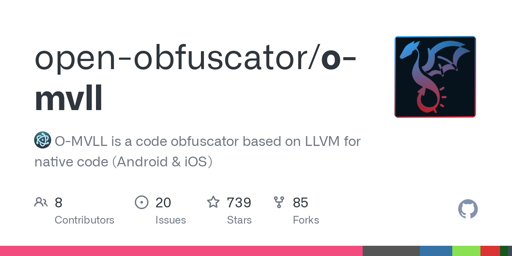

There is an easy solution to that. The internal pad, where the toe sits on, could be removable. This way, both the battery can be replaceable, and the electronics board.
Another idea, could be to implement wireless charging for the lights, since it’s not easy to fit a charging port on a shoe.








It would amazing if we had an app that controls the shoe lights. I love needing an app for every single product/device I buy.
However, I can think of some use cases for “smart” RGB shoes